Santa Barbara Enacts New Fees for Outdoor Dining Parklets
Restaurateurs Voice Concerns to City Council over Cost of Moving Required Traffic Barriers
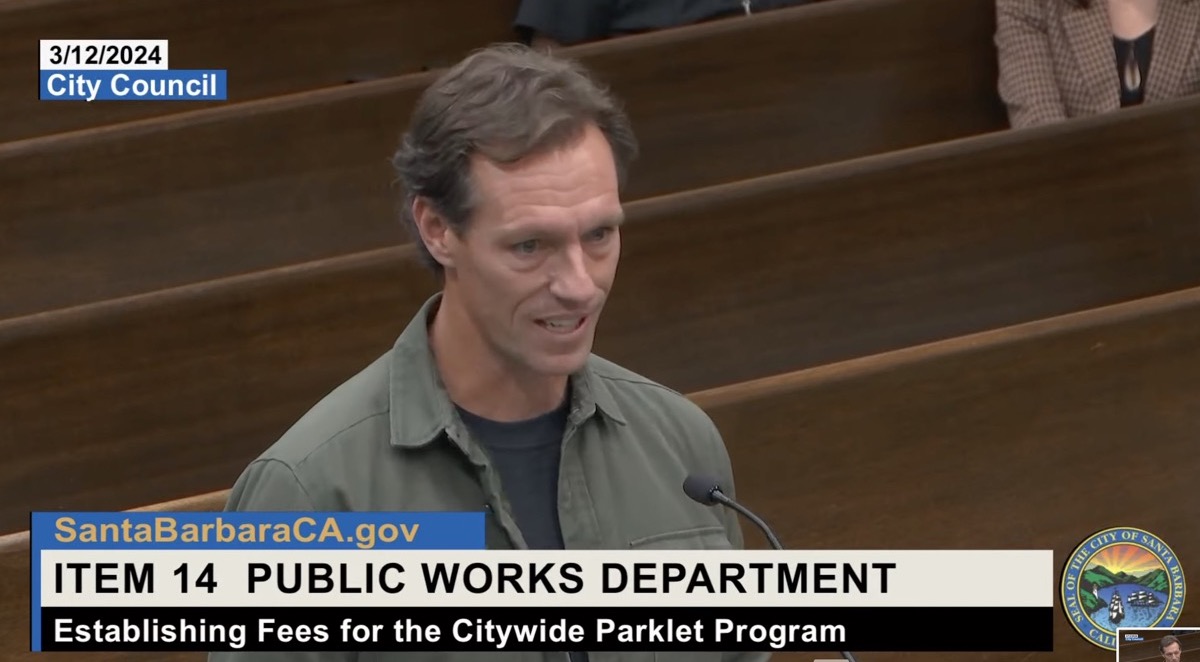
To build an outdoor dining parklet under the City of Santa Barbara’s newly enacted fee structure, a restaurant owner will pay as much as $4,800 outside the Coastal Zone and more than $10,000 within it — being the area bounded by the ocean and Highway 101 or Cliff Drive. But the restaurateurs speaking to the City Council on Tuesday were more concerned with the required traffic barriers — not so much the $500 monthly rental for a K-rail but the $5,000 cost to move the four-ton objects in or out. The parklets in question are those on city streets but are not on the State Street Promenade or any road with two lanes in one direction, like Milpas or Haley.
Graham Hadidian, who runs the Fess Parker tasting rooms in the Funk Zone, said he and most of the other small business owners had little problem with the fees. “It’s the traffic barriers,” he said. “It costs five grand just to deliver them, and that’s in two days.”
Hadidian was referring to the March 14 deadline for safety barriers that’s in the parklet ordinance passed last December, a deadline that City Attorney Sarah Knecht clarified would not be enforced at present.
“Talk about safety,” said Lalo Barajas, whose family owns the Rose Café on the Mesa. “With the parklet, people have the choice of indoors or outdoors. And even though some say COVID is in the rearview mirror, people still get it, and there’s flu season, too,” he said, with his elderly and immune-compromised customers in mind.
Carlos Diaz, whose family owns Mony’s taqueria in the Funk Zone, asked for a reasonable fee structure, explaining how their parklet’s additional space allowed them, amid the pandemic conditions, to keep their prices level. “Everyone could have a seat at our kitchen table,” he said of the restaurant based on his mother’s recipes, his father and brother’s attentions to the grill, and he and his sister running the front of the house.
The city’s Sarah Clark, who wears many hats but is downtown team manager for parklets, said that since the Finance Committee meeting a few hours before, the staff had worked out a method to charge $150 for the preliminary license review, instead of $2,500. The remaining $2,350 would come once the parklet had been through design review, but before engineering and traffic, to let the owners know what to expect. The fees were based on staff time, Clark explained, while the annual fee would cover ongoing staff costs in managing the program for the next five years. Seventeen applications had been submitted before the February 1 deadline and were now in review for feasibility for what are considered permanent structures on city rights of way.
Before the council voted 6-1 to pass the amended fee structure — Councilmember Oscar Gutierrez was the “no” vote — Mayor Randy Rowse and Councilmember Mike Jordan pointed out that the $24 per square foot being charged annually for the parklets — most of which are between 130 and 195 square feet — was a bargain. “You can’t get warehouse space at that per square foot price,” said Rowse, who once owned the Paradise Café downtown. “And there’s no triple net!” or the landlord’s prerogative to charge a tenant for real estate taxes, building insurance, and maintenance. “You pay triple net on everything you do,” the mayor reminded.
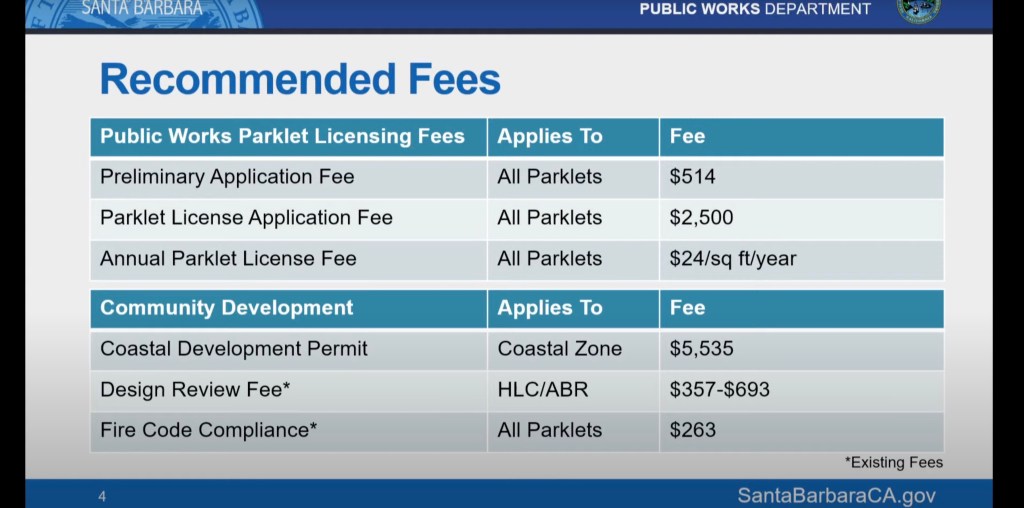


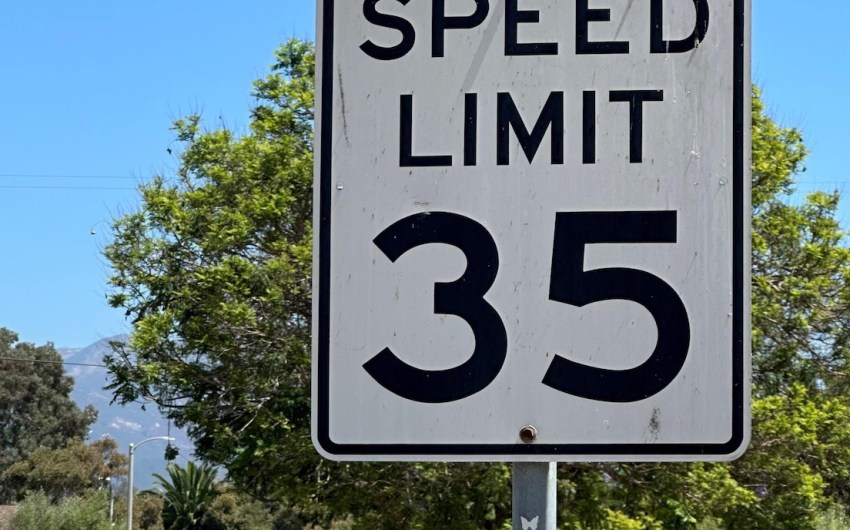

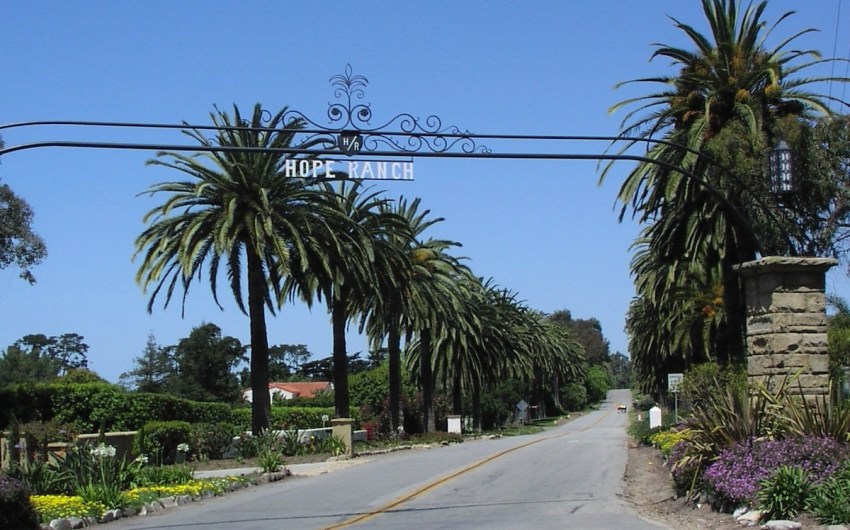
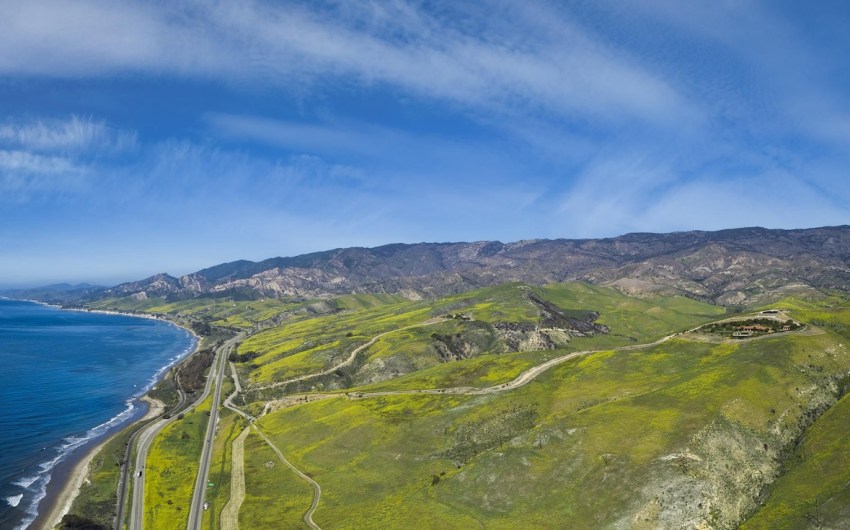




You must be logged in to post a comment.